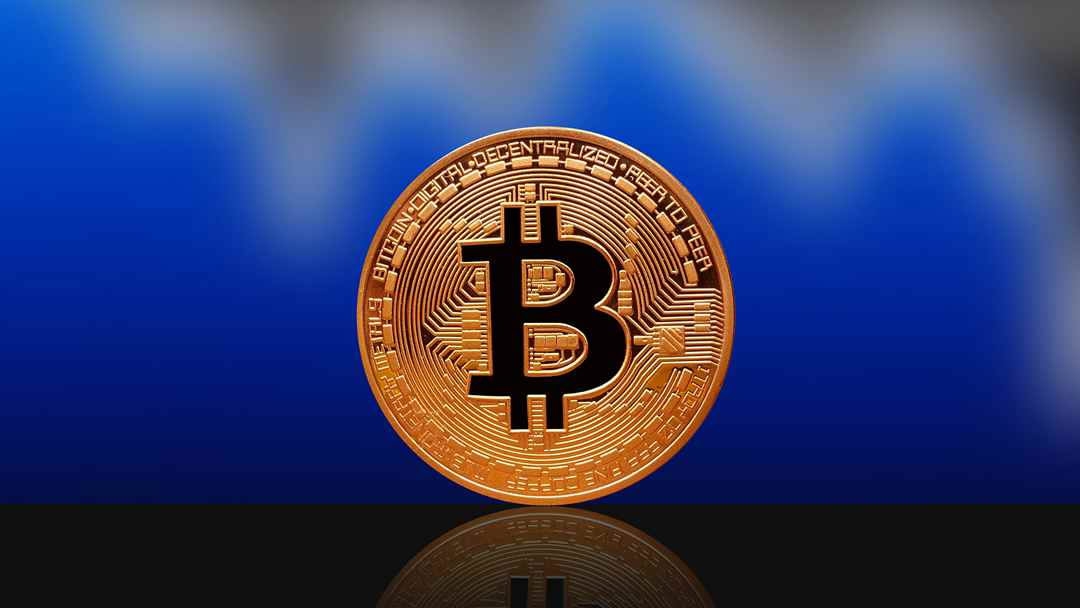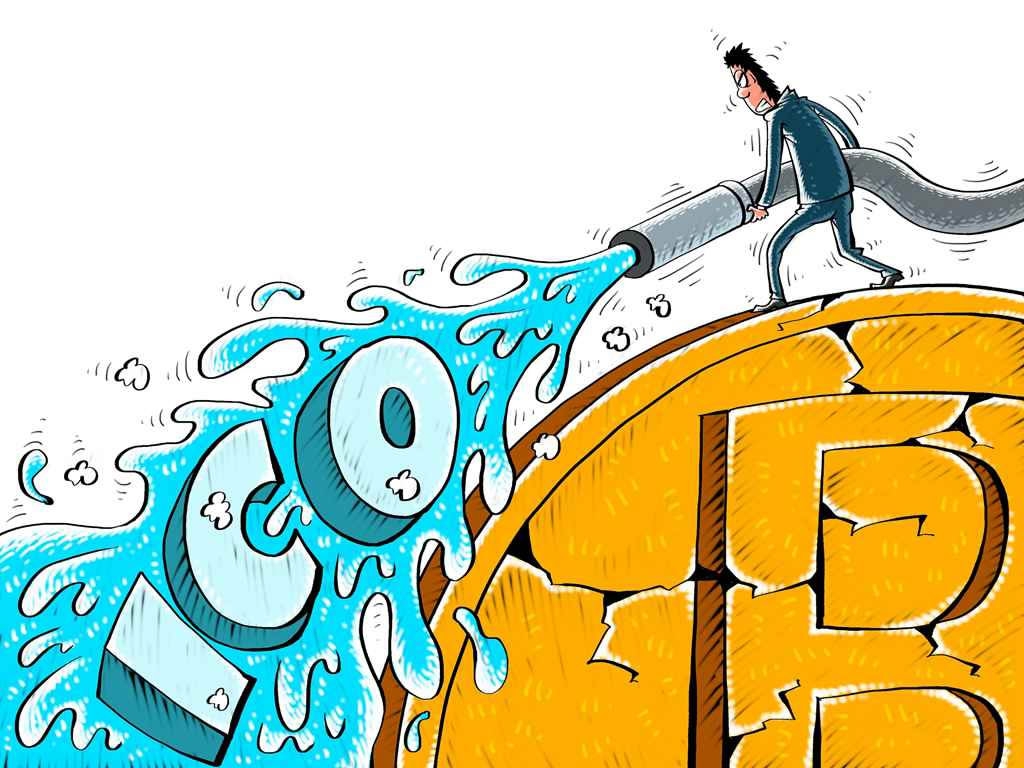
Business
21:19, 26-Feb-2018
Nearly half of cryptocurrency investments failed last year: study
CGTN

Investment in cryptocurrencies is highly risky, with nearly half of initial coin offerings (ICOs) failing last year, a study has showed.
In contrast to an initial public offering where investors gain shares in the ownership of a company, an ICO is a controversial means of crowdfunding.
For some startup companies, ICOs are a way to raise early capital more quickly than they could through venture funding. They can raise millions by creating digital tokens and selling them through the ICO process.
A total of 902 ICOs took place in 2017, according to ICO tracking company Tokendata. Cryptocurrency news website Bitcoin.com studied these ICOs and found 142 of them failed at the fundraising stage and another 276 failed after fundraising due to exit scams or poor performance.

VCG Photo
VCG Photo
In other words, 46 percent of last year's ICOs failed after raising over 104 million US dollars, Bitcoin.com said.
Moreover, an additional 113 projects can be classified as "semi-failed" because they either abandoned their social media pages or have few adopters to achieve any success, it added.
If these semi-failed ICOs are included, the failure rate of last year's cryptocurrency crowdfunding jumps to 59 percent.
A bitcoin fever fueled a massive market rally last year despite strong skepticism from economists and bankers.
Bitcoin prices soared from around 1,000 dollars at the beginning of 2017 to more than 19,000 dollars in mid-December, according to CoinDesk's bitcoin price index.
In the following days, however, its prices plunged dramatically, as bitcoin lost a third of its value suddenly.
Trading of bitcoin continues to be wild this year, with its prices swinging between 6,000 dollars and 17,000 dollars. In the past week, the digital currency has been struggling to remain at a level of 10,000 dollars.
With ICO mania showing no signs of abating, Bitcoin.com said there's no reason to expect this year's crowdsales of cryptocurrencies to fare any better.
The website warned that cryptocurrency investment in 2018 is riskier than ever thanks to diminished returns, increased competition and a never-ending stream of opportunistic ICOs.
Source(s): Xinhua News Agency

SITEMAP
Copyright © 2018 CGTN. Beijing ICP prepared NO.16065310-3
Copyright © 2018 CGTN. Beijing ICP prepared NO.16065310-3